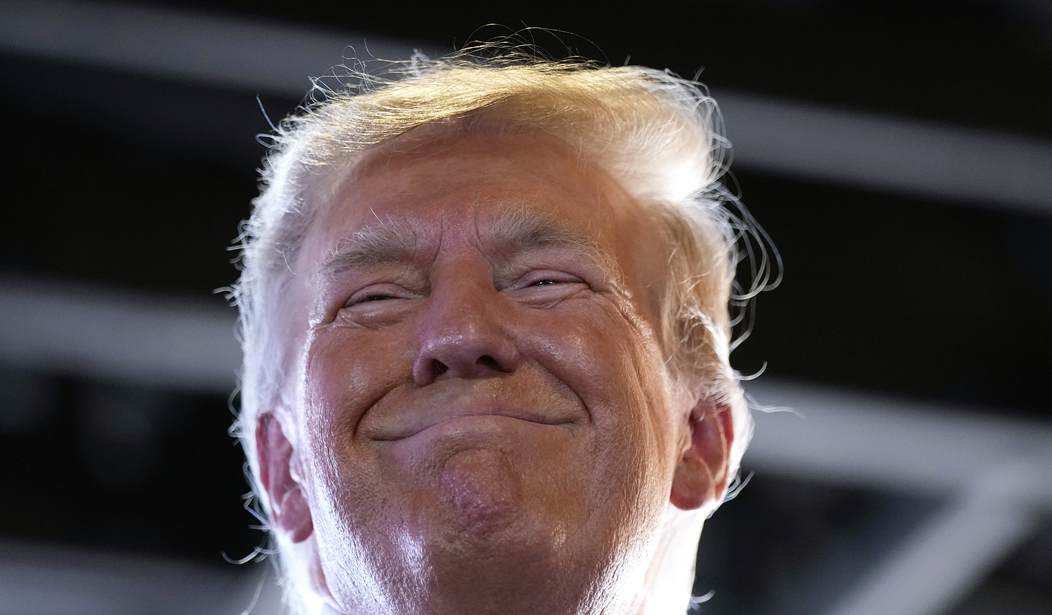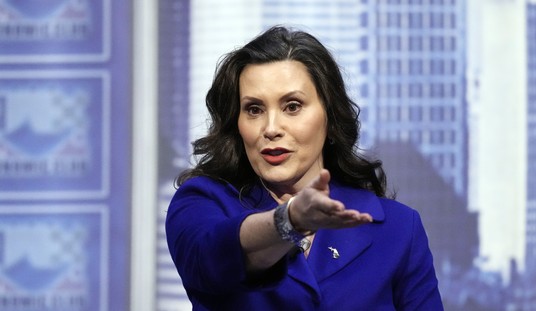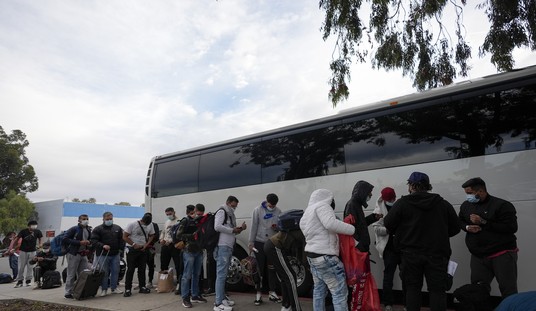I started out in politics 27 years ago as a failed candidate in a local supervisor race. I was so ill-informed about how local government worked at the time that I didn't even know where the county administration building was located. This is a true story.
In 1996, I was 29 years old, and while I could cite the Republicans' "Contract with America" forward and backward, my understanding of local politics and local government could fit on the back of a postcard.
One of the ways that I positioned myself for another political run in the future, because I was at this point hooked, was by joining the board of a local taxpayer group, a very august organization that featured a former Reagan Administration official as its elected president. It was an amazing opportunity that changed the direction of my life.
Having as its primary charter the promotion of lower taxes, limited government, and ethical administration of public business, it was this organization that helped me not only understand government in general but ordinary voters' relationships and attitudes toward government in particular.
One of the things that continued to be stubbornly true as I worked my way up the learning curve of politics was the level of frustration that the average voter held toward the public sector.
There's a sense out there in the body politic that the government isn't on our side. Or that the government is on the government's side. And that politicians represent the government to the people, as opposed to representing the people to the government.
One of my political slogans---but it wasn't a slogan, I believed it deeply---was that government exists to serve people, and maybe even more specifically, that government should be a strategic partner to the individual, small businesses, and private industry as opposed to being an adversary. I continue to believe that.
And so, I suppose the 2016 presidential election, where many in our country, even if by the narrowest margin, elected a reality TV star, the notorious playboy businessman who slaps his name on tall buildings and goes on TV to tell everybody how great he is, was a manifestation of this accurate belief, too.
A lot of ink has been spilled debating this fascinating political story.
How is it possible that such an unexpected thing happened in the United States? And might it happen again?
How is it possible that the voters would elevate such a person to the same office held by George Washington, Abraham Lincoln, Teddy Roosevelt, John F. Kennedy, and Ronald Reagan?
Trump is a square peg in a round hole when it comes to his personal and political style. The way he conducts himself in the public eye, how he interacts with the media, and even the way he treats his political allies and political opponents defy convention. To say he's unorthodox is quite an understatement.
It’s Monday, August 13, 2023 and a former President who’s currently a presidential candidate posted this to his social media account and the National news media aren’t covering it wall to wall to determine if he’s suffered a nervous breakdown. pic.twitter.com/bYWr1PTyxx
— Manic Contrarian 🇺🇸 🇮🇱 🐊 (@ManicContrarian) August 14, 2023
Look, despite voting for him twice, I've never been a fan of the way Donald Trump conducts himself in matters of style, tone, and tenor. However, I've allowed myself to learn to put those feelings aside so as to be able to admit that, while his style is clearly unorthodox, many of his policies are very much based in conservative economic orthodoxy. I'm referring specifically to his across-the-board tax cuts, which were designed to mimic those of Ronald Reagan circa 1981.
In addition to a few of his other accomplishments, such as moving the US Embassy to Jerusalem, chopping away at the federal registry by eliminating thousands of unnecessary and redundant regulations, and resisting the urge to bomb Arab children in the Middle East before breakfast, Trump's presidency was actually a pleasant surprise. And believe me, I was very relieved to be very surprised.
This very long preamble now gets me to the main point of this article. Over the weekend, I came across the following hard-to-believe graphic on X:
30 million say “use of force” justified to prevent another Trump presidency, compared to 18 million who say same about restoring Trump presidency, per @ProfessorPape on @FaceTheNation. pic.twitter.com/KBHZO9cNsd
— Brent Baker 🇺🇦 (@BrentHBaker) August 13, 2023
Do 11 million Americans really believe force would be justified to restore Trump to the presidency? By the way, I have no idea what "restore" means in this context. I don’t think there’s any way to restore Trump to the presidency; the only option is to elect him again in 2024. And maybe that’s what's meant here.
His devoted fan base is undeniable. But hopefully, tears don't turn to blood and sweat.
Imagine having an emotional meltdown because a politician/celebrity signed a hat for you.
— Cryptid Politics 🇺🇸🐊 (@CryptidPolitics) August 14, 2023
pic.twitter.com/uw2qOX3ZLo
And then you have 30 million Americans who supposedly believe force is justified to prevent Trump from being president. What does that mean? Does that mean if Trump wins the election in 2024, they support doing something along the lines of January 6, except bigger, badder, and crazier?
What in the world is going on?
I’ll tell you what I think is going on. While this might appear to be all about Donald Trump, what it really says to me is that the level to which tens of millions of Americans feel alienated from their country’s political and legal institutions is at an unsustainable and irrational level.
And this apparently hasn't changed all that much since I got involved in politics back in 1996.
I'm not the first to say it, but I believe Trump is a symptom of what is going on. You’ve got millions of people who support Trump because they believe the government is after them. And then you obviously have millions of Americans who don’t support Trump because they think if he gets elected again, he and his government will come after them.
This is tragic, and also dangerous, obviously.
And the reason it is tragic is that the American people, who inherited a Constitutional Republic, if they can keep it, at some point in our journey toward forging a better and stronger Union, have become convinced that not only their political enemies but also their political saviors are in Washington, D.C.
It is dangerous because it could mean we are on the verge of a civil war.
I’m not suggesting something along the lines of America circa 1841, but I think we are moving in a direction that doesn’t bode well for the future of our country, particularly in light of our need to be prudent, diligent, and cognizant of our singularly unique role in the world.
America is the indispensable nation. And we need to relearn how to govern ourselves without weaponizing our politics or our legal institutions. But there's something else we need to relearn. All of our solutions and all of our biggest concerns can't always be viewed through the prism of Washington, D.C.














Join the conversation as a VIP Member